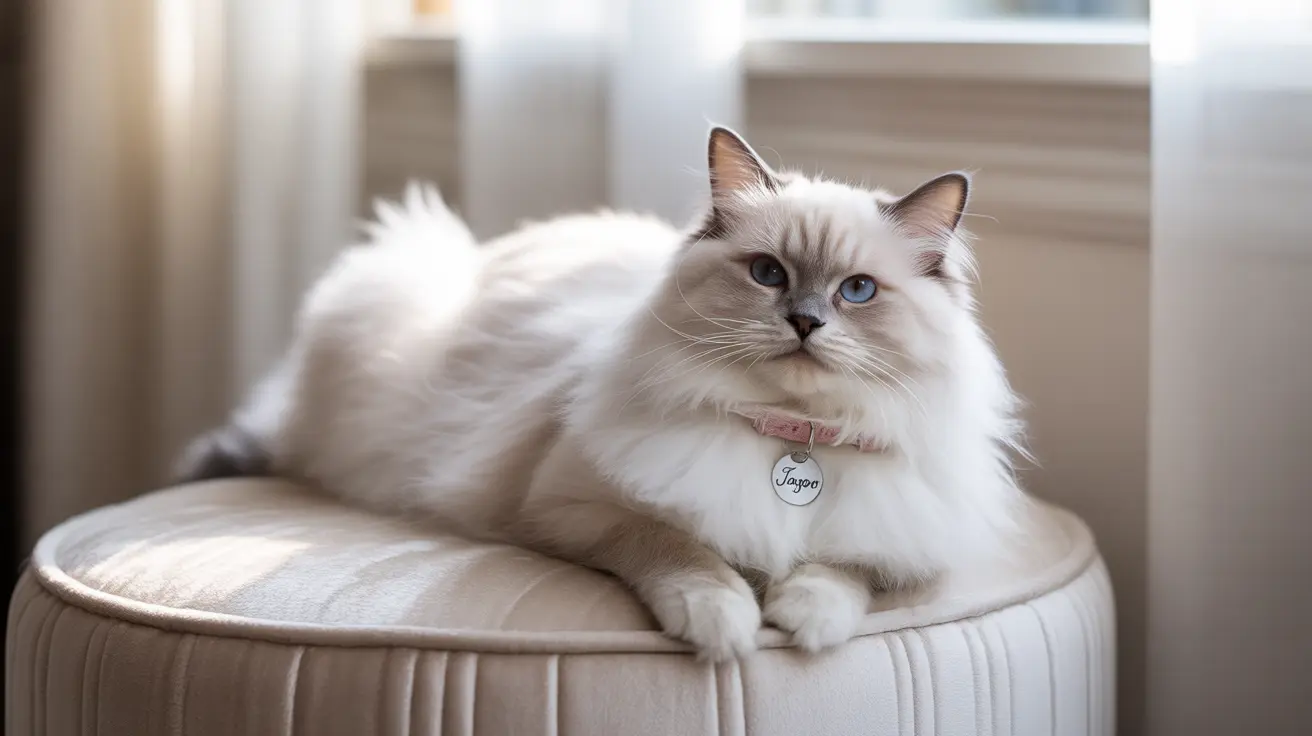Understanding Cat Wheezing Sounds
Cat wheezing produces a distinctive sound that differs from normal breathing or other respiratory noises. This high-pitched, musical sound occurs when air moves through narrowed or inflamed airways, typically during exhalation. The sound may be continuous or intermittent, and its intensity can vary depending on the underlying cause.
Common Causes of Cat Wheezing
Allergies and Environmental Triggers
Many cats develop wheezing due to allergic reactions to environmental triggers such as pollen, dust mites, or household cleaners. These allergens can cause inflammation in the airways, leading to wheezing and other respiratory symptoms.
Feline Asthma
Asthma affects approximately 1-5% of cats and is characterized by airway inflammation and constriction. Cats with asthma may experience recurring episodes of wheezing, especially during physical activity or exposure to triggers.
Respiratory Infections
Both viral and bacterial infections can cause inflammation in the respiratory tract, resulting in wheezing. Common culprits include feline herpesvirus and calicivirus.
Warning Signs and Emergency Situations
While some cases of wheezing are mild, certain symptoms indicate a medical emergency:
- Open-mouth breathing
- Blue-tinged gums or tongue
- Severe lethargy
- Rapid breathing
- Collapse or extreme weakness
Treatment and Management Options
Treatment for cat wheezing varies depending on the underlying cause:
- Medication (including inhalers or oral medications for asthma)
- Environmental modifications to reduce allergen exposure
- Antibiotics for bacterial infections
- Regular veterinary check-ups
- Weight management when necessary
Prevention Strategies
Several steps can help minimize wheezing episodes:
- Regular house cleaning to reduce dust and allergens
- Using air purifiers
- Avoiding smoking around cats
- Maintaining proper humidity levels
- Keeping up with preventive veterinary care
Frequently Asked Questions
What causes a cat to make a wheezing sound when breathing?
Cats wheeze due to various factors including allergies, asthma, respiratory infections, foreign objects in airways, or underlying health conditions like heart disease. The wheezing sound occurs when airways become narrowed or inflamed.
How can I tell if my cat's wheezing is serious and needs urgent veterinary care?
Seek immediate veterinary care if your cat shows signs of labored breathing, blue-tinged gums, extreme lethargy, or if wheezing is accompanied by collapse or severe distress. Persistent wheezing should always be evaluated by a veterinarian.
What are the best treatments for wheezing caused by feline asthma?
Feline asthma is typically treated with a combination of corticosteroids and bronchodilators, often administered through inhalers with specialized spacers designed for cats. Environmental management and trigger avoidance are also crucial components of treatment.
Can environmental factors like dust or smoke trigger wheezing in cats?
Yes, environmental irritants such as dust, smoke, strong perfumes, and household cleaners can trigger wheezing in sensitive cats. Minimizing exposure to these triggers can help prevent wheezing episodes.
How do vets diagnose the underlying cause of cat wheezing?
Veterinarians typically diagnose the cause of wheezing through a combination of physical examination, medical history review, chest X-rays, and sometimes additional tests like bronchoscopy or blood work to rule out specific conditions.
If you notice your cat wheezing, monitor them closely and consult with your veterinarian to determine the best course of action. Early intervention can prevent more serious complications and help ensure your cat maintains good respiratory health.






